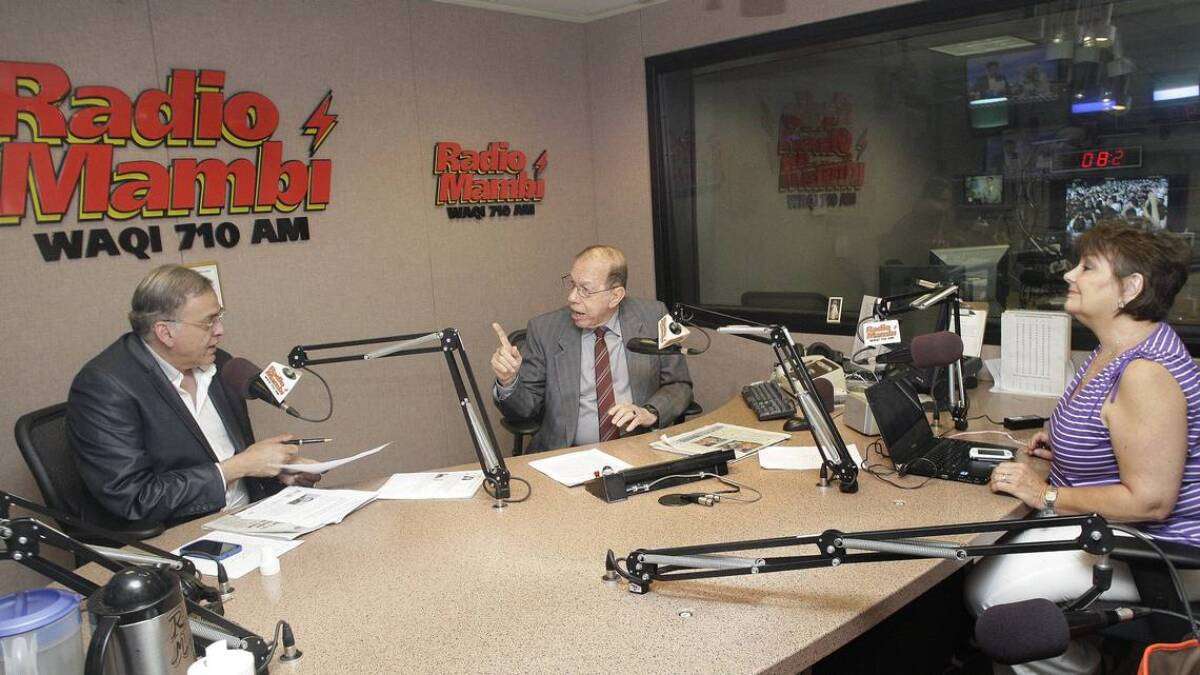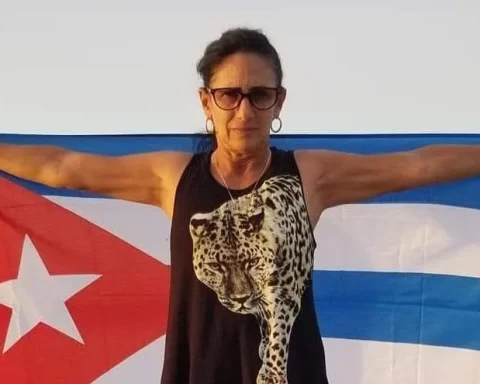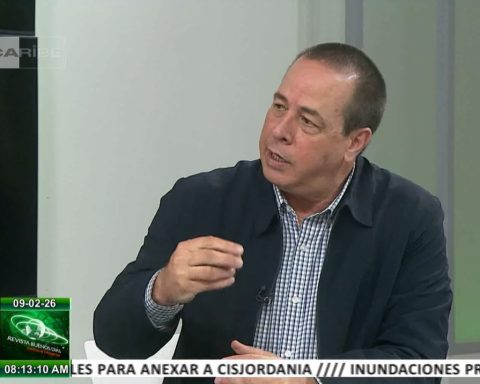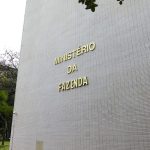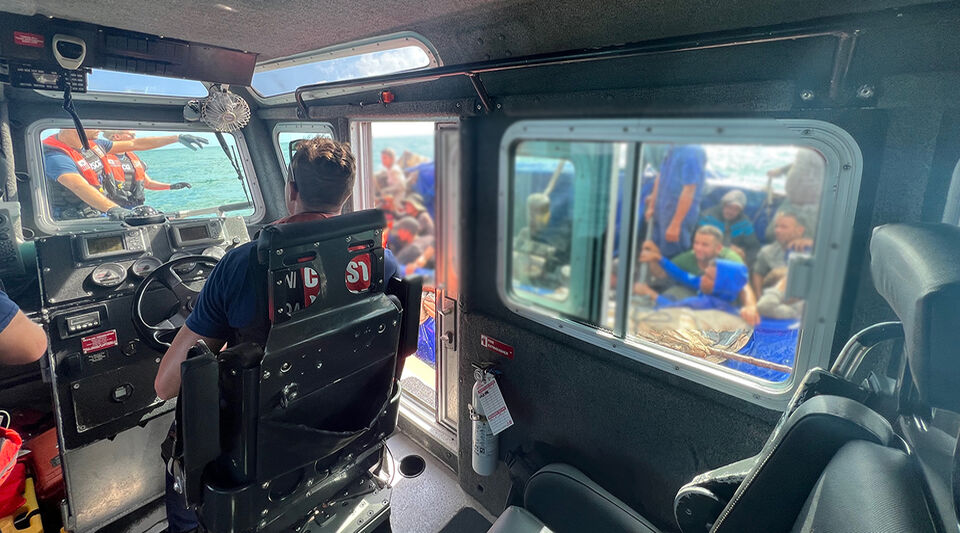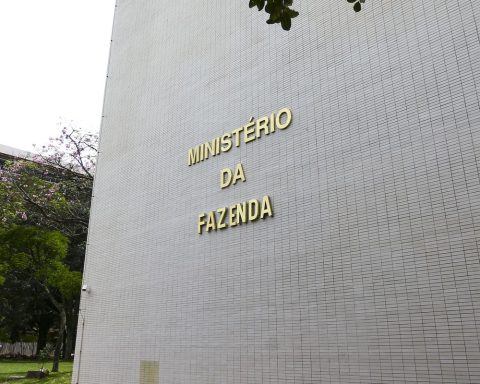A newly created radio media company linked to the Democratic Party obtained permission this week from the Federal Communications Commission (FCC, for its acronym in English) to buy 18 radio stations belonging to Univisión Televisa, the largest Hispanic television conglomerate and radio station in the United States, for a maximum amount of 60 million dollars.
The purchase of Latin Media Network It includes the acquisition of two Miami stations, Radio Mambí and 1140 AM, which is mainly dedicated to sports programming. Radio Mambí is a bastion of the conservative radio station in South Florida, considered a spokesperson for the most radical sector of Cuban exiles.
The fact has provoked several protests and even the departure of several announcers towards newly created media related to the Republican Party such as Americano Radio.
The protests were based on the idea that Radio Mambí would become a “democratic” medium two years after the 2024 presidential elections and on the fact that in the last midterm elections there was no overwhelming Republican victory, the “red wave “, as expected. In addition, critics question the participation in the purchase of funds by investor George Soros, accused of subsidizing many initiatives of the left, but also criticized by Havana for helping members of the internal opposition.
A spokesman for the Latino Media Network told the AP on Wednesday that the company continued to “focus on creating a broadcast network that is owned and made for the Hispanic population of our country.”
“As we move into 2023, we will listen to the communities we serve to help create a multimedia network that inspires, informs and celebrates our unique Hispanicity,” the spokesperson said.
A early June, when the intention to buy the radio stations, both AM and FM located in ten of the largest Latino markets in the country (including Miami, New York, Los Angeles, Chicago, Dallas, San Francisco, Houston and Las Vegas) was announced. One of the administrators of the group, the Democratic activist Stephanie Valencia, indicated that in Miami there were no plans to make major changes in the programming, taking into account the demographics of South Florida.
“There are elements of Radio Mambí that are really important to preserve,” Valencia said. “He has been an important part of the community and the experience in Miami. But we believe in balanced journalism.” One of the popular voices that would continue on Radio Mambí would be that of the journalist Ninoska Pérez Castellón with her typical hard-line analysis program. But the newscasts will be redesigned, he knew OnCuba.
“This is good so that people can express their opinion in democracy. He came at a good time,” former Democratic congressman Joe Garcia told OnCuba.
In Miami, exile activists tried to block the sale of the 18 stations, but the FCC dismissed the request because it did not follow required procedures or provide evidence to support its allegations against the purchase.
“We have reviewed the application and concluded that Univision is qualified to assign, and LMN is qualified to maintain, the station licenses,” said the head of the FCC’s Audio Division, Albert Shuldiner.
